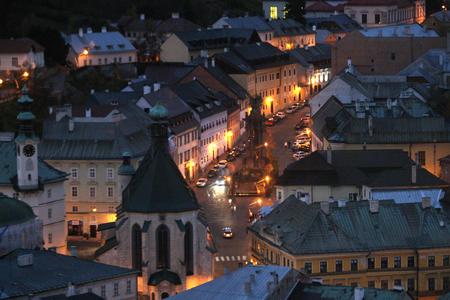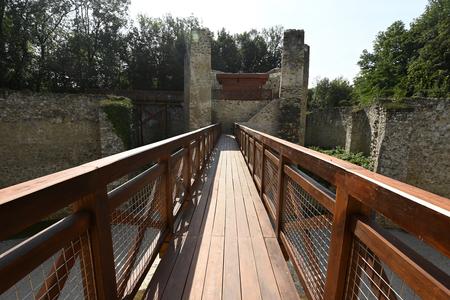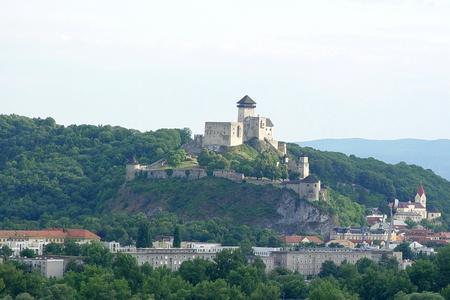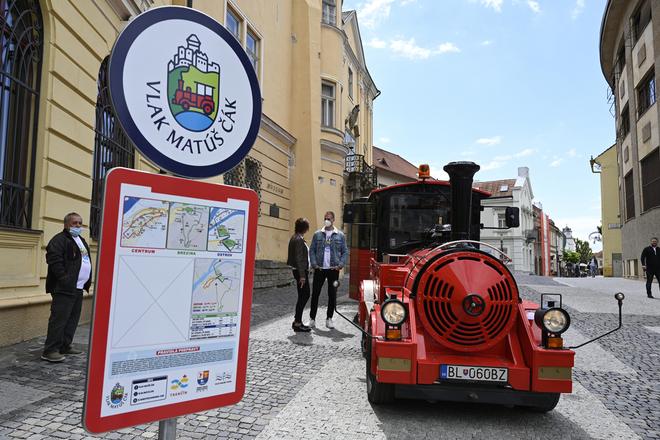Trenčín has joined the Finnish town of Oulu in becoming the 2026 European Capital of Culture after it beat seven other cities from Slovakia.
The city, located in the western part of the country, is only the second Slovak municipality to win it following the example of Košice, which held the European Capital of Culture title in 2013 with the French city of Marseille.
“The title gives us the opportunity to prove that our city and region have the huge potential to become modern, open and European,” Trenčín Mayor Richard Rybníček said, as quoted by the My Trenčín website. He also hopes the title will convince young people who have left the city to consider their return.

The first projects under the European initiative, which was launched in 1985, will start next year, and the number of projects will grow as 2026 draws near.
Old bridge
One of the first steps that the city will take is to establish the Trenčín Creativity Institute, a non-profit organisation that will oversee the Trenčín 2026 project and bring it to life. It has started working on many events, such as Trenčín You Are and Fiesta Bridge.
“It is a project that should turn an old railway bridge into a new centre for contemporary culture,” Lenka Kuricová, the Trenčín 2026 programme manager, told the My Trenčín website.
Another project has been given the name City Reimaging, which deals with visual smog and public space. “The year 2026 will be very eventful and will present all kinds of art,” Dubačová added.

A few months ago, to support its candidacy, the city borrowed the Garage stage from the Pohoda Festival organisers and made it available to the local community to hold events there in October and November.
Three capitals of culture in 2022
Just like the previous capitals of culture across the European Union, Trenčín could obtain the Melina Mercouri Prize, which is essentially €1.5 million paid by the European Commission, after the city completes its activities in 2026.
Primarily, the title should emphasise the importance of Trenčín as a centre of cultural life.
This year, Covid has disrupted the plans of three European cities - Novi Sad (Serbia), Timisoara (Romania) and Elefsina (Greece) – that were to hold the European Capital of Culture title in 2021.

Serbia will thus join Lithuania and Luxembourg in 2022, while Greece and Romania have been moved to the year 2023, when Veszprém, a Hungarian city, will also hold this European title.
On the whole, the European Capital of Culture initiative helps promote Europe’s cultural diversity. It was created by Melina Mercouri, Greece’s former minister of culture, in 1983, with Athens becoming the first titleholder.



 The Matúš Čák, a train for visitors to Trenčín, took passengers to Trenčín Castle and the recreational area Ostrov in the summer of 2021 for the first time. (source: TASR)
The Matúš Čák, a train for visitors to Trenčín, took passengers to Trenčín Castle and the recreational area Ostrov in the summer of 2021 for the first time. (source: TASR)